Drug addiction substance use disorder Symptoms and causes
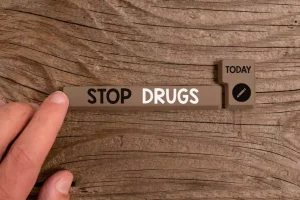
In addition to residential treatment and partial hospitalization, there are many treatment possibilities for addiction. It is difficult to know what type of addiction services a person needs—or will work best—and how to begin to how long is drug rehab navigate the often-confusing world of addiction treatment. It would be far less daunting to select an addiction treatment if there were uniform and reliable data on the success rates of various programs, but the collection of such information is still in its early stages. It is also one of the facts of addiction recovery that differing levels of care and support may be necessary or desirable at different points in the recovery process. It may be done by family and friends in consultation with a health care provider or mental health professional such as a licensed alcohol and drug counselor, or directed by an intervention professional. It involves family and friends and sometimes co-workers, clergy or others who care about the person struggling with addiction.
Critical medical anthropology model
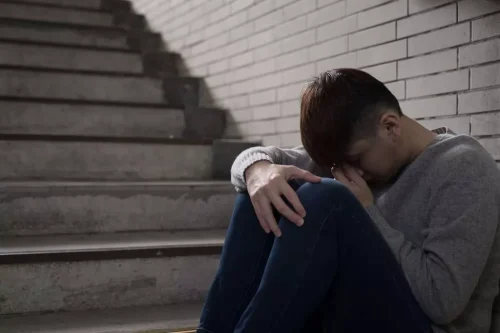
CBT strategies seek to address thought patterns that contribute to developing harmful behavioral patterns like substance abuse. In CBT therapy sessions, patients learn to develop self-control, avoid triggers, and develop healthy coping strategies. In a rehab facility or program, patients receive support from medical professionals to help them through detoxification to long-term abstinence and aftercare.
- The evidence shows that every day, people choose to recover from addiction on their own.
- You may live at a sober living home or at your own home depending on your support system and living environment.
- Addiction is a disease, butrecovery from addiction isn’t dependent on medical services alone.
- Finding out how much drug rehab costs will decide whether or not they can attend.
- Rehab, short for rehabilitation, refers to a structured program aimed at helping people overcome drug and alcohol use.
- Progression through these stages may not always follow a linear path, as individuals may move back and forth between stages.
Assessing your treatment needs
- A study found that 40 to 60 percent of people who have been treated for addiction or alcoholism relapse within a year.
- Long-term drug rehab is an inpatient treatment program typically lasting three to 12 months.
- We are committed to providing quality healthcare to families located in the New York area and treat patients of all ages.
- Therapy may be critical to resolving underlying problems that made escape into substance use so appealing in the first place.
- The CRAFFT is in version 2.1 and has a version for nicotine and tobacco use called the CRAFFT 2.1+N.70 This tool is used to identify substance use, substance related driving risk, and addictions among adolescents.
• Therapy also addresses the co-occurring mental disorders, such as depression and anxiety, that are a common accompaniment to addiction. Physical addiction appears to occur when repeated use of a drug changes the way your brain feels pleasure. The addicting drug causes physical changes to some nerve cells (neurons) in your brain.
Products & Services
Just as there is no one pathway into addiction, there is no one pathway out of it. The sooner you seek help, the greater your chances for a long-term recovery. Talk with your health care provider or see a mental health provider, such as a doctor who specializes in addiction medicine or addiction psychiatry, or a licensed alcohol and drug counselor. Help from your health care provider, family, friends, support groups or an organized treatment program can help you overcome your drug addiction and stay drug-free. Self-medicating with substances, like drinking or taking drugs to treat symptoms of anxiety or depression, is another reason to consider rehab. Rehabilitation centers can help diagnose mental health conditions that may be co-existing with your substance use disorder, and they can often treat both appropriately.
- By giving them a call, they can let you know what your options are for finding a facility.
- Partial hospitalization programs, sometimes known as day treatment, and also typically hospital-based, provide day-long treatment programming to patients living at home.
- For most people, however, the question of affordability is a reality.
- In fact, there is growing support for what is called harm reduction, which values any moves toward reducing the destructive consequences of substance abuse.
- The risk of addiction and how fast you become addicted varies by drug.
- As you transition out of inpatient treatment, the number of hours of programming decreases.
Residential rehab differs from inpatient rehab in that it is done in a facility outside of the hospital system and usually involves a longer stay. The program is generally less intense than an inpatient program and gives participants a little more independence. Sober living houses are an especially effective approach to aftercare when an individual is discharged from rehab. People and their families should discuss these options with their counselors while still in rehab. Ongoing participation in a recovery program, such as a 12-step program or SMART Recovery, is crucial for ongoing recovery.
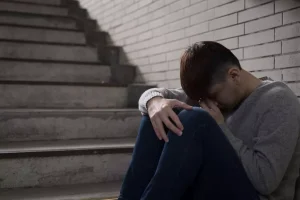
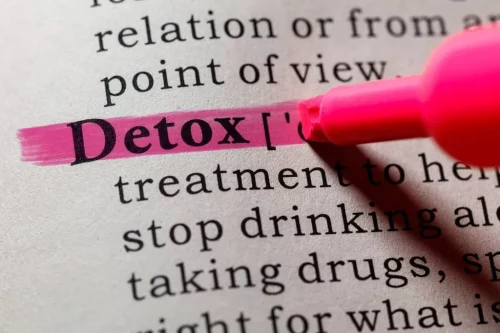
Many addiction rehab facilities host follow-up programs to help patients return to their daily lives. These aftercare programs might consist of additional counseling and meetings for alumni of the treatment program as well as other people in the community. Patients may also live in a sober living facility with other individuals recovering from addiction. Another one of the most important ways to support recovery is to understand that multiple relapses over a number of years are typically part of the process. They are not occasion for blame or despair but for encouraging resumption of recovery.
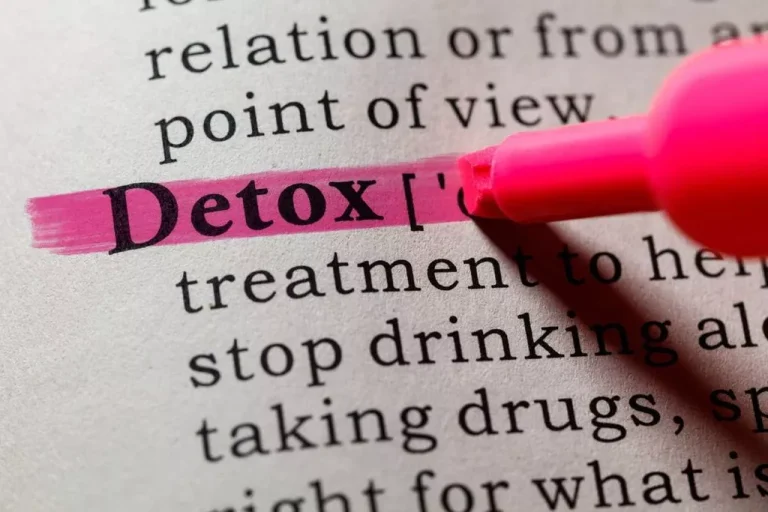
Can addiction be cured?
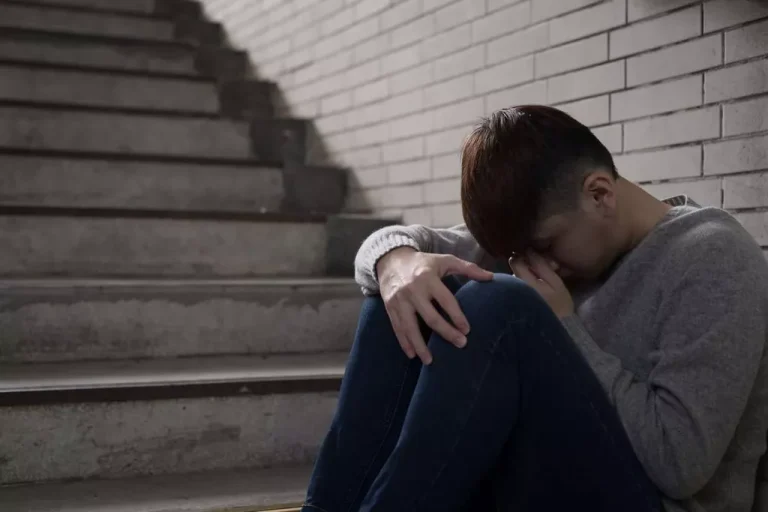
The Substance Abuse and Mental Health Services Administration has a national helpline available 24 hours a day, seven days a week, 365 days out of the year. It is for those impacted by mental health or substance abuse concerns. By giving them a call, they can let you know what your options are for finding a facility.
